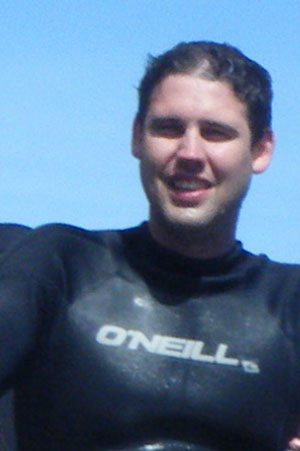I started Graduate Entry Medicine at the University of Limerick without really knowing what to expect. The next 4 years proved to be some of the most memorable I have ever had, while also providing an amazing learning experience.
During the first 2 years, the program at UL is centered around problem-based learning (PBL), a teaching method originally developed at McMaster. Each week, students meet in groups of 8, and work through a new medical case while being supervised by a tutor physician. Together, they problem-solve and identify the relevant knowledge-gaps, formulating “learning objectives”. Students then teach themselves the material over the next 3 days, before re-convening and consolidating their knowledge collectively. Throughout the week, this self-directed learning is supplemented by interactive anatomy tutorials, clinical skills sessions, and as well as the legal, ethical, and psychosocial aspects of medicine which pertain to the specific case that week.
Coming from an undergraduate experience at McGill, this was not the way I was used to learning at all. Initially, it did take some adjusting; however, I found this teaching method forced me to understand the material much better than if provided in didactic manner. Furthermore, working in groups allowed me to get to know my classmates very well in a short period of time, and introduced a very social aspect to the learning process. We were working hard, but did not realize it because we were having so much fun. Four years later, we arguably have one of the closest, tight knit medical classes in the country.
In years 3 and 4, we started our clinical placements on the wards and in the clinics. UL students are distributed between Limerick City hospitals, as well in Ballinasloe, Clonmel, Kilkenny, Tullamore, and Tralee. Although many of us were upset when the class got broken up all over the country, it did provide an opportunity for us to see many different parts of Ireland, as well as the chance to meet some of the most amazing and memorable patients. The clinical experience allows for you to work in both urban and rural hospitals, while also still providing adequate time to carry out the necessary Canadian or American clinical electives essential to obtaining residency-training opportunities. The administration at UL deeply values the international students, and does whatever it can to help them succeed.
What makes me happiest about my decision to come to UL?
I have had phenomenal medical training that has allowed me to meet and exceed expectations on both Irish and Canadian wards, and to subsequently be offered an Internal Medicine residency training position at University of Western Ontario when I graduate. I have learned to work independently while also in a group setting, I have made life long friendships, have travelled all over Ireland, learned to surf and experience many watersports, and have met some of the most memorable people I have ever encountered. Such an experience would have only been possible at UL.
